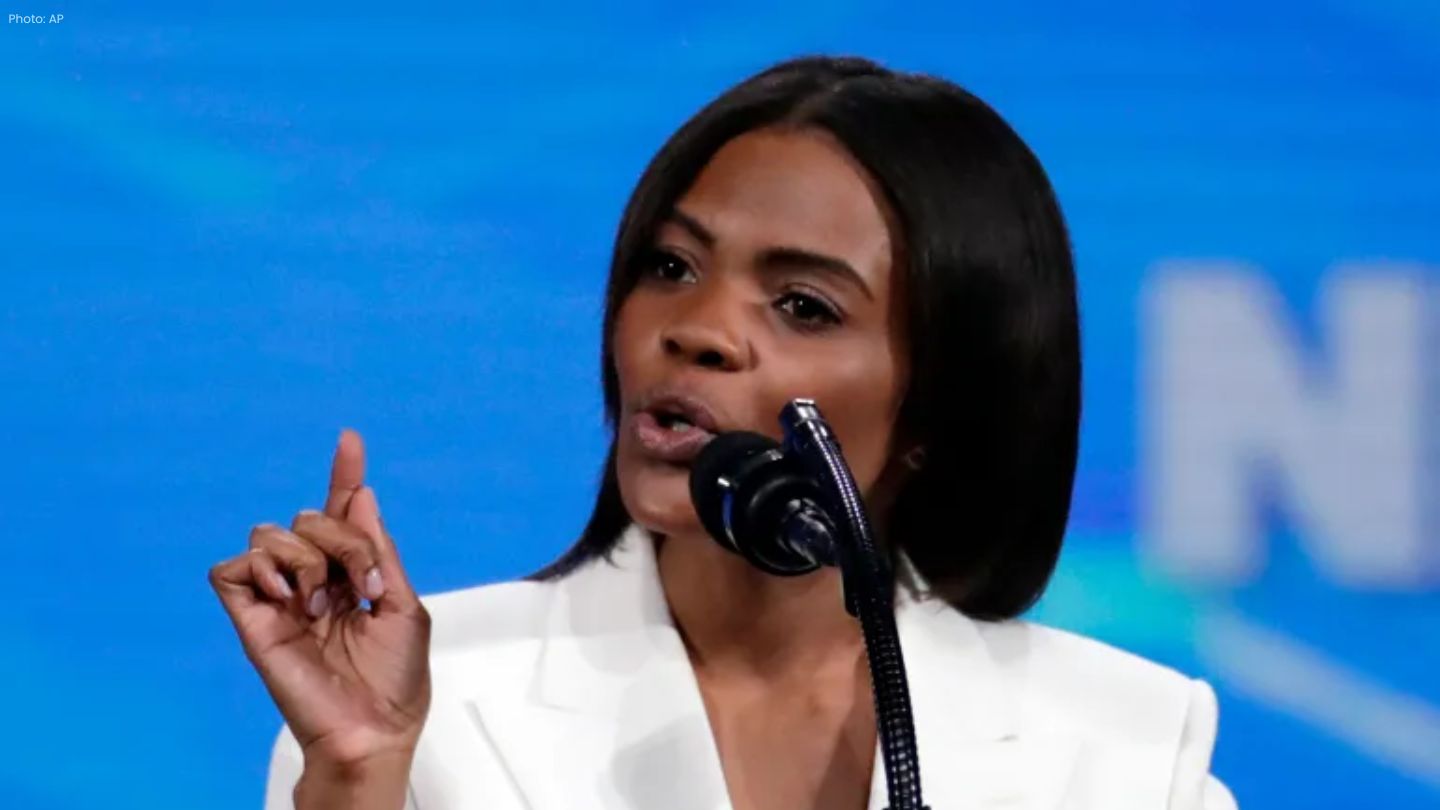
Solo Travel 2025: The World’s Best Destinations fo
Solo travel is on the rise again, with more people exploring the world on their own terms. From the

Far-right American commentator Candace Owens has lost her legal battle to enter Australia, after the High Court of Australia upheld the government’s decision to deny her a visa because her presence could “incite discord in the Australian community.”
Court Upholds Government’s Decision
In a unanimous ruling delivered on Wednesday, the court found that the Home Affairs Minister’s decision in 2024 to refuse Owens a visa “was not invalid.” The justices concluded that the relevant provision of the Migration Act applies in cases where “there is a risk that the person would stir up or encourage dissension or strife in the Australian community, or a segment of that community.”
The court also ordered Owens to pay the government’s legal costs.
Background: Visa Denied on Character Grounds
Owens, a right-wing podcast host and political pundit known for spreading conspiracy theories and controversial views, had applied for a visa to conduct a commercial speaking tour in November 2024.
However, then Home Affairs Minister Tony Burke rejected the application, citing concerns that her comments could lead to “increased hostility and violent or radical action.” The decision was based on Australia’s “character test”, which allows authorities to deny entry to individuals whose presence is considered contrary to the national interest.
Reasons for Visa Refusal
Minister Burke highlighted several of Owens’s past statements, including remarks downplaying the Holocaust and making Islamophobic claims.
“From downplaying the impact of the Holocaust with comments about Mengele through to claims that Muslims started slavery, Candace Owens has the capacity to incite discord in almost every direction,” Burke said in 2024, referring to Nazi doctor Josef Mengele, infamous for experiments on Jewish prisoners at Auschwitz.
Burke’s office reviewed Owens’s public commentary on issues such as Black Lives Matter, anti-Semitism, women’s rights, LGBTQ+ rights, COVID-19, and vaccination — concluding that her rhetoric often included “extremist and inflammatory comments” toward Muslim, Black, Jewish, and LGBTQIA+ communities.
Owens’s Legal Challenge and Court Response
Owens appealed the minister’s decision, arguing that the refusal violated her freedom of political communication. However, Australia’s constitution does not guarantee a personal right to free speech in the way the U.S. Constitution does.
High Court Judges Stephen Gageler, Michelle Gordon, and Robert Beech-Jones dismissed Owens’s arguments, noting that the implied freedom “is not a personal right, is not unlimited, and is not absolute.”
In a separate opinion, Justice James Edelman said Owens’s “submissions should be emphatically rejected,” reinforcing the government’s authority to refuse entry when public safety or social harmony is at risk.
Broader Context: Australia’s Stance on Hate Speech
The ruling reflects Australia’s continued strict approach to foreign figures accused of spreading hate or extremist ideology.
In July 2025, the government also revoked the visa of U.S. rapper Ye (formerly Kanye West), citing concerns that his music, including the song “Heil Hitler,” would promote Nazi ideologies.
Australia’s migration policies emphasize that freedom of expression does not extend to speech that threatens public order, safety, or community cohesion — a principle reaffirmed by the High Court’s latest decision.